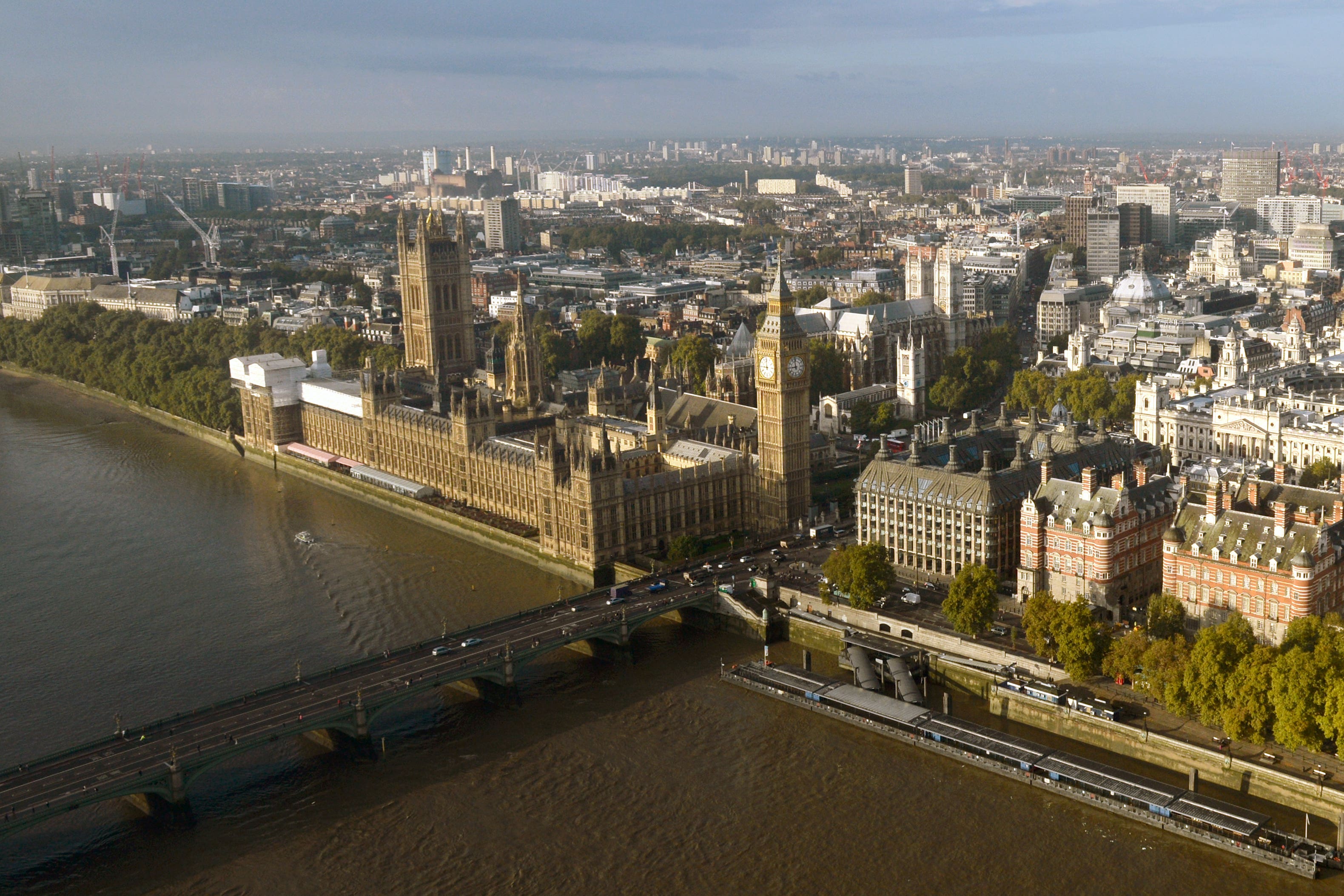Youngest MP says Tory government’s response to pandemic ‘politicised’ him
Labour’s Sam Carling said the lack of support for schools and students during the Covid pandemic brought him to politics at the age of 22.

The UK’s youngest MP has revealed it was his cancelled A-level exams during the Covid-19 pandemic which brought him to politics at the age of 22.
Labour’s Sam Carling said the lack of support from the Government during the pandemic “politicised” him and some of his previously disengaged peers.
In his maiden speech, the MP for North West Cambridgeshire paid tribute to his predecessor, Tory former minister Shailesh Vara, who was elected in 2005 when Mr Carling was three years old.
I was in the first cohort of students whose A-level exams were cancelled during the pandemic, and in many ways it was that experience that politicised me
Mr Carling told the Commons: “As I am the youngest member of this Parliament, it will not surprise many honourable members that I haven’t been out of the education system for that long.
“Indeed I was in the first cohort of students whose A-level exams were cancelled during the pandemic, and in many ways it was that experience that politicised me.
“I grew up in a deprived, rural area and was concerned from a young age to see a progressive decline in local high streets, alongside growing problems in public services, notably within schools.
“When I was in my final year at a rural school, budget cuts forced the closure of its sixth form, leaving me and many others having to find alternative provision at short notice, which wasn’t easy for many, who faced very long journeys indeed to the nearest alternatives.
“The closure not only disrupted education but also fragmented the community, as students were scattered to different institutions.
“But I never connected those issues to politics and the decisions being made in this place, until I saw the very direct impact of those decisions around schools in the pandemic.
“The response to the crisis, the decisions about exams – or lack thereof – provided to students, made it clear to a great many previously disengaged young people that political choices have real and immediate consequences.
“We have got to work across this House to improve engagement in our democracy, and a large part of that must revolve around rebuilding trust in politics.”
He added: “I intend to use my direct experience of the problems in our schools in contributing to this Government’s agenda to revitalise them.”
Bookmark popover
Removed from bookmarks